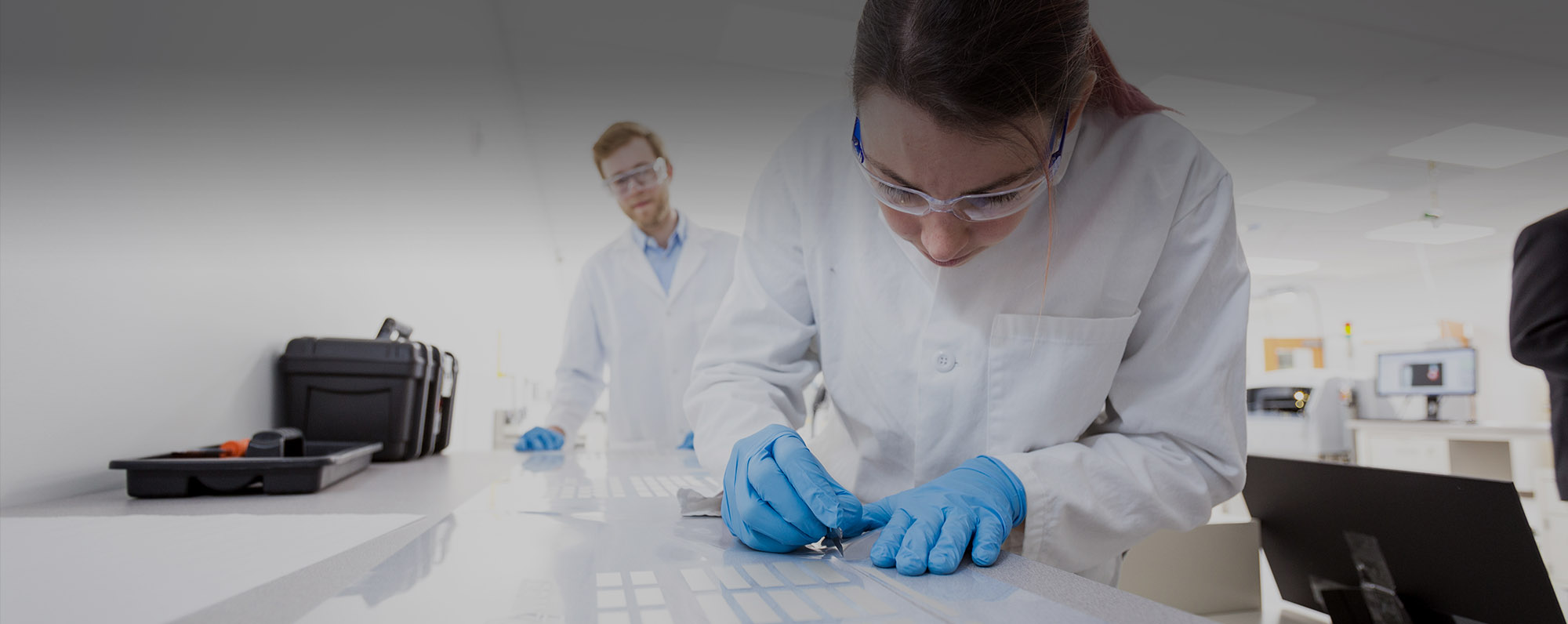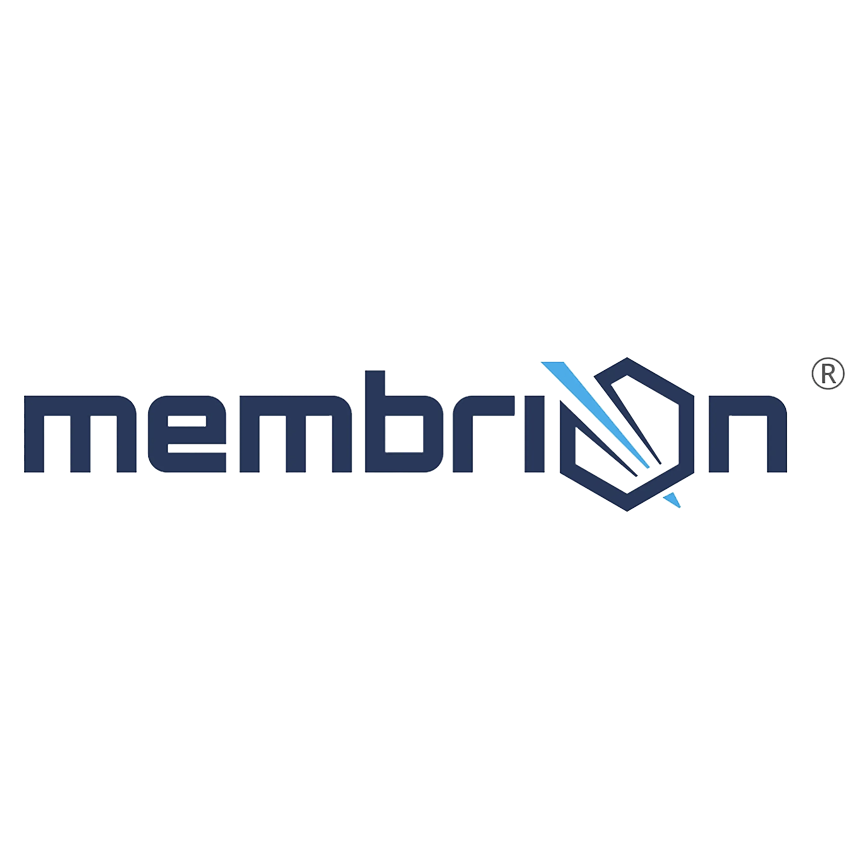
UW spinout will improve flow battery performance, cost under Small Business Innovation Research grant; Becomes third company to win federal funding for work at Testbeds
March 21, 2019
Membrion, a molecular materials startup founded by University of Washington (UW) chemical engineering alumnus Greg Newbloom (Ph.D. ’14, postdoc ’15-‘18), won $150,000 in Department of Energy (DOE) Small Business Innovation Research (SBIR) Phase I funding to develop nanoporous ceramic membranes for non-aqueous redox flow batteries at the Washington Clean Energy Testbeds. The SBIR program allows small businesses to fulfill federal R&D needs, stimulating technological innovation, commercialization, competition, and economic growth. The UW Clean Energy Institute’s Washington Clean Energy Testbeds are an open-access facility for scaling next-generation clean energy technology. Testbeds users from industry and academia can fabricate prototypes, test devices and modules, and integrate systems at the facility.
“As a small startup, having access to the Washington Clean Energy Testbeds’ top-of-the-line instruments has allowed us to perform the cutting-edge science required to win major federal grants and compete with established companies,” said Newbloom, also the CTO of Membrion. “We’re utilizing the Testbeds’ advanced microscopes, spectroscopes and controlled environmental chambers for Phase I of this SBIR grant, and we’ll also take advantage of the Testbeds’ scale-up facility as we progress towards commercialization. The Testbeds continue to be a valuable contributor to Membrion’s ongoing success.”
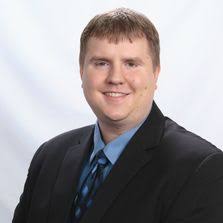
Membrion’s technology is based on silica gel, the same material that is used in the preservative desiccants found in beef jerky packages. By coating a piece of fiberglass with the silica gel and curing it in acid, Membrion can create a ceramic membrane with controllable pore sizes. In flow batteries, membranes keep the positive and negative electrolytes separated while letting ions travel to complete the circuit. Membrion can also engineer smaller or larger pores to adapt the technology to filter drinking water or purify pharmaceutical molecules.
“Membranes are both a significant cost contributor and performance inhibitor for redox flow batteries,” said Newbloom. “When we first started out, everyone was trying to develop better plastic membranes using the same 50-year-old manufacturing process — we had to completely rethink the technology to create such a disruption.”
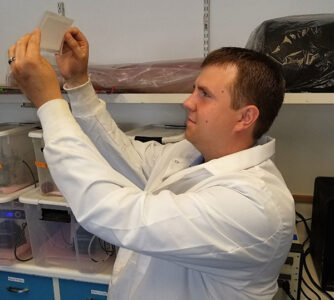
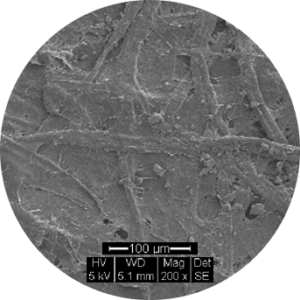
Newbloom founded Membrion in 2016 based on his postdoctoral research with UW chemical engineering professor Lilo Pozzo. Pozzo is a co-developer of the technology, and remains involved with the company as a scientific advisor.
John Plaza, a veteran cleantech innovator, met Newbloom at the Testbeds while serving as the facility’s Entrepreneur-in-Residence. The Testbeds’ Entrepreneur-in-Residence provides Testbeds users and the public with insights about the commercialization process, target markets, product development, and fundraising strategies. Plaza became president and CEO of Membrion in June 2017.
“Globally, the market for ion-exchange membranes exceeds $5 billion,” said Plaza. “We are initially targeting energy storage markets including flow batteries, which are an environmentally-friendly option for energy storage. With our membrane’s decreased cost and increased performance, new energy storage solutions can become economically viable for grid-scale storage of renewables. When we bring our product to market later this year, we estimate that our membrane can significantly reduce the costs of these technologies and dramatically increase their market potential in the next few years.”

Membrion is the third company to win federal funding for work at the Testbeds. In 2018, MicroConnex was awarded $980,000 by the U.S. Department of Defense’s NextFlex program to develop flexible hybrid electronics, and Vesicus was awarded $225,000 in Small Business Technology Transfer (STTR) funding to develop nanoporous thin films.
“At the Testbeds, we seek to lower the barriers to early-stage cleantech startup success by providing the ability to test, validate, and demonstrate new technologies,” said J. Devin MacKenzie, technical director of the Testbeds and UW professor of materials science & engineering and mechanical engineering. “We’re proud to support Membrion as they approach the scale-up phase.”
Membrion has received $2.23 million in seed funding from investors including Bellingham Angel Investors, E8 and the E8 Fund, Sand Hill Angels, Sierra Angels, the National Science Foundation, and several individuals. Membrion has also has been backed by Amazon’s Catalyst program, the Murdock Charitable Trust, and the CalTech Rocket Fund. Upon completion of Phase I SBIR research in 2020, the company will become eligible for Phase II funding up to $1 million. The company also plans to raise Series A funding in 2020.
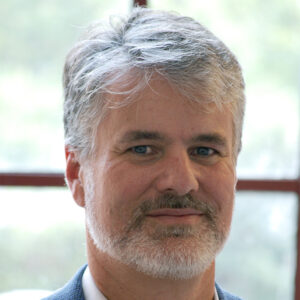
About the Washington Clean Energy Testbeds
The University of Washington Clean Energy Institute (CEI) created the Washington Clean Energy Testbeds to accelerate the development, scale-up, and adoption of new technologies in solar harvesting, energy storage, and system integration. This open-access facility in Seattle, founded on the principle that users retain all intellectual property, offers customized training and use of instruments for fabricating prototypes, testing devices and modules, and integrating systems. The facility also houses meeting and office space where users from academia and business work and collaborate. Through special events, Entrepreneur-in-Residence and Investor-in-Residence programs, and community-sponsored networking opportunities, the Testbeds are an active gathering space for cleantech innovators and investors. wcet.washington.edu



